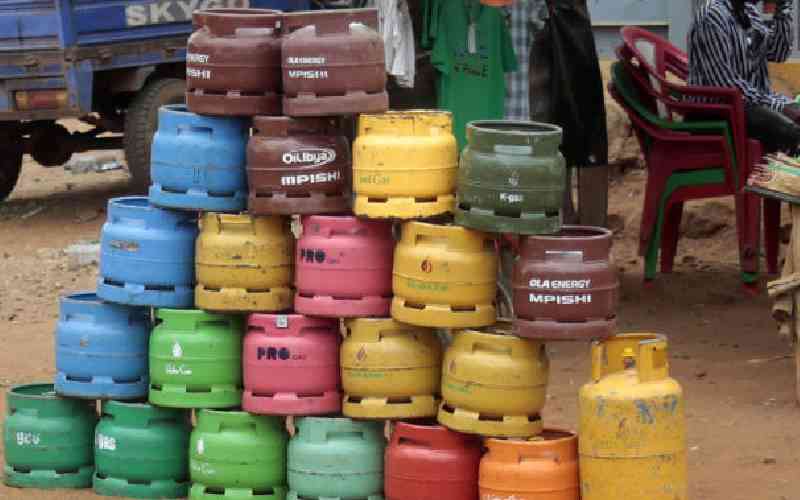×
The Standard e-Paper
Join Thousands Daily

Kenyans have significantly reduced their use of cooking gas this year as prices soared, forcing them to increasingly rely on charcoal and firewood to fire their kitchens.
Consumption of liquefied petroleum gas (LPG) dropped 34.8 per cent over the first six months of 2022 compared to a similar period last year.